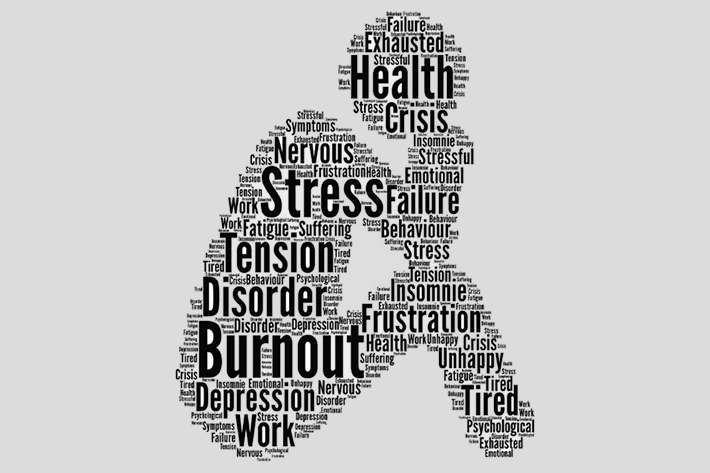Introduction
Dual Diagnosis Treatment is a specialized approach for individuals who struggle with both a mental health disorder and a Dual Diagnosis Treatment at the same time. Treating these conditions together is critical because untreated mental health issues can worsen addiction, and substances use can intensification psychotherapy symptoms. Programs in Georgia provide residential care, individual psychotherapy, and Cognitive Behavioral Therapy (CBT) for integrated, evidence-based recovery.
What Is Dual Diagnosis?
Dual Diagnosis occurs when an individual has two co-occurring disorders :
-
Mental Health Disorder – Examples include depression, anxiety, bipolar disorder, PTSD, and personality disorders.
-
Substance Use Disorder – Includes alcohol, drugs, or prescription medication misuse affecting daily functioning.
Without integrated treatment, addressing only one condition often leads to relapse and incomplete recovery.
Why Dual Diagnosis Treatment Is Important
Integrated dual diagnosis care ensures:
-
Accurate identification of both disorders
-
Reduced risk of relapse
-
Comprehensive symptom management
-
Development of healthy coping mechanisms
-
Long-term emotional stability
Dual diagnosis programs in Georgia combine behavioral therapy, medical support, and holistic care to support full recovery.
Components of Dual Diagnosis Treatment
1. Integrated Therapy
Therapists use a combination of approaches:
-
Cognitive Behavioral Therapy (CBT) – Helps clients manage negative thoughts and behaviors linked to both mental health and addiction.
-
Dialectical Behavior Therapy (DBT) – Builds emotional regulation skills and reduces self-destructive behaviors.
-
Individual Psychotherapy – One-on-one sessions tailored to personal challenges.
-
Group Therapy – Peer support and skill-building exercises.
-
Trauma-Focused Therapy – Supports healing from past trauma or abuse.
2. Medication Management
Psychiatrists carefully monitor medications for:
-
Stabilizing mood and mental health symptoms
-
Reducing withdrawal or cravings
-
Supporting overall recovery
3. Detox and Medical Support
When necessary, medically supervised detox is provided to safely manage substance withdrawal before therapy begins.
4. Residential Care
Many dual diagnosis programs in Georgia are residential , providing:
-
24/7 clinical supervision
-
Structured daily schedules
-
Individual and group therapy
-
Holistic and recreational activities
-
Life skills training
A residential setting ensures a safe, distraction-free environment for recovery.
5. Partial Hospitalization (PHP) and Intensive Outpatient (IOP)
For individuals not requiring full-time residential care:
-
PHP – Full-day structured therapy sessions with medical and psychological support
-
IOP – Therapy 3–5 days per week, allowing clients to maintain daily responsibilities
Both options integrate CBT, individual psychotherapy, and dual diagnosis support .
Conditions Treated in Dual Diagnosis Programs
-
Depression, anxiety, and bipolar disorder
-
PTSD and trauma-related disorders
-
Personality disorders
-
Substance use and addiction
-
Behavioral issues linked to mental health and addiction
Benefits of Dual Diagnosis Treatment
-
Treats both mental health and substance use disorders simultaneously
-
Reduces relapse and rehospitalization
-
Improves emotional regulation and coping skills
-
Integrates therapy, medication, and comprehensive care
-
Prepares clients for long-term recovery and reintegration into daily life
Conclusion
Dual Diagnosis Treatment is essential for individuals facing both mental health and substance use challenges. Programs in Georgia provide residential care, CBT, individual psychotherapy, and holistic therapies , offering comprehensive support for lasting recovery. By addressing both conditions together, clients gain emotional stability, healthier coping mechanisms, and a strong foundation for a fulfilling life.



